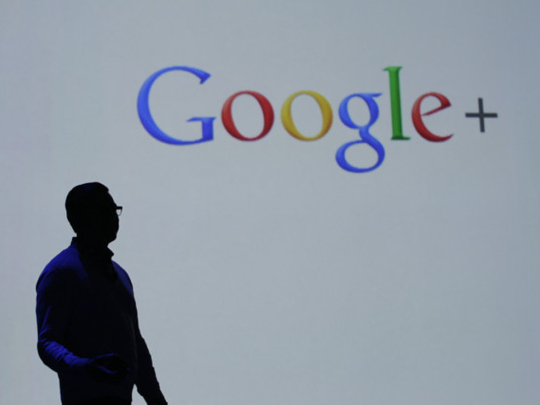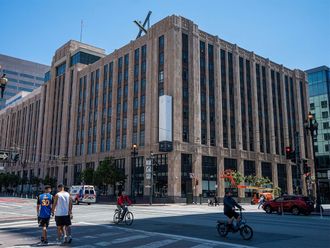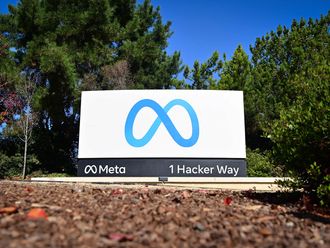
San Francisco: Google Inc said it didn’t pay people to write about Oracle Corp’s lawsuit against it over Android software, although nonprofits, universities and trade groups receiving Google money have commented on the case.
Oracle alleged Google maintains a network of direct and indirect “influencers” to advance its intellectual property agenda, according to a filing today in federal court in San Francisco. Oracle has hired one writer, Florian Mueller, author of the FOSS Patents blog, as a consultant, not to blog about the lawsuit, Oracle said. Mueller has written extensively on the lawsuit.
“Oracle believes that Google brought this extensive network of influencers to help shape public perceptions concerning the positions it was advocating throughout this trial,” attorney Michael Jacobs said in a filing.
A jury found May 7 that Mountain View, California-based Google, owner of the world’s most-popular search engine, infringed Oracle’s copyrights when it developed Android software for mobile devices yet deadlocked on whether the copying was “fair use.” That denied Oracle the ability to seek as much as $1 billion in damages from the search engine company. The jury found May 23 that Google didn’t infringe two Oracle patents.
Both companies filed papers in court today responding to a judge’s order to disclose payments to journalists, bloggers and commenters. US District Judge William Alsup, who has presided over the lawsuit, said Aug. 7 that disclosure is needed to make clear whether anything written about the case is “possibly influenced by financial relationships to the parties or counsel.”
Quid-Pro-Quo
Google said there were no quid-pro-quo payments to people for coverage, and that commentators at entities which receive donations or financial support from Google weren’t paid to write about the case. It would be “extraordinarily difficult and perhaps impossible” for Google to identify all individuals who wrote about the case and are affiliated with Google-funded entities, lawyers for the search engine company said.
“Google does not believe that individuals or organizations within these categories were intended to be encompassed within the scope of the court’s order,” Google lawyers said in the filing. They asked Alsup to let them know if he wants “a more comprehensive list.”
Oracle, Redwood City, California, said Google’s “influencers” network included Ed Black, president of the Computer and Communications Industry Association, which received Google money. Black wrote a column advocating against copyrights for application programming interfaces, or APIs, a position Google took at trial. Black said in a phone interview that Google didn’t ask him to write the column.
“The position we have had on APIs goes back to the 1990s,” Black said in a phone interview. “They seem so desperate to pick on us. We’ve had these positions for years.”
Washington Attorney
Oracle also cited Jonathan Band, a Washington attorney and co-author of “Interfaces On Trial 2.0,” a 2011 book that argues APIs can’t be protected by copyright. Google cited the book in an April court brief in the case, Oracle said. Band has an indirect relationship to Google through Google-supported trade groups, Oracle’s lawyers said in the filing, citing a legal newspaper story.
Band said he is a registered lobbyist for CCIA and another group to which Google belongs. His book was accepted for publication by MIT Press, a year before Oracle sued Google, he said in an e-mail. The book is based on articles written before 2005 while Band was a partner at Morrison & Foerster, the firm representing Oracle in its lawsuit against Google, Band said.
Asked to respond to Oracle’s claims, Jim Prosser, a spokesman for Google, said in an e-mail, “Our reply to the court is clear; no one on our side paid journalists, bloggers, or other commentators to write about this case.”












